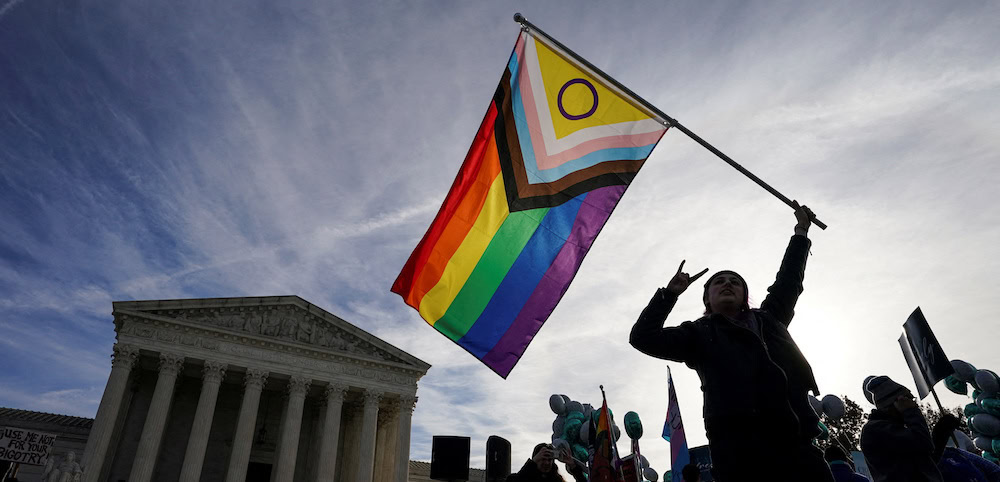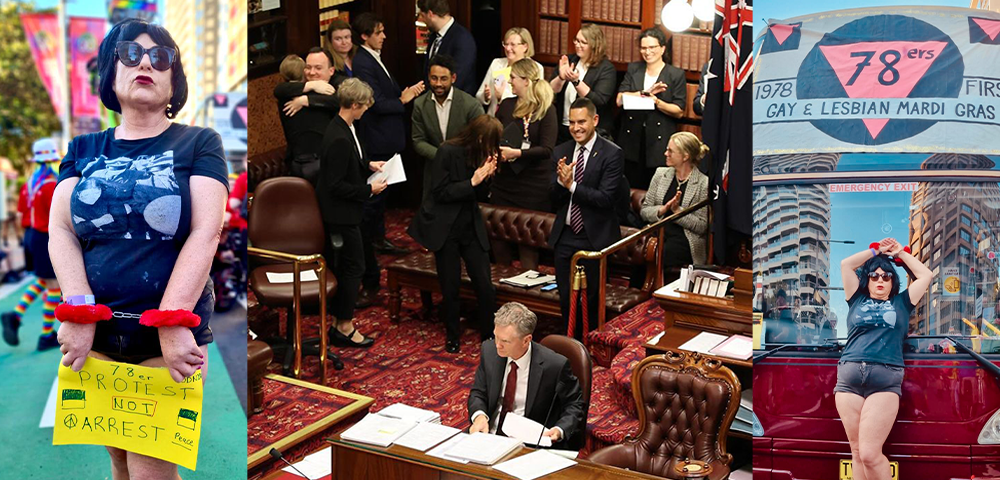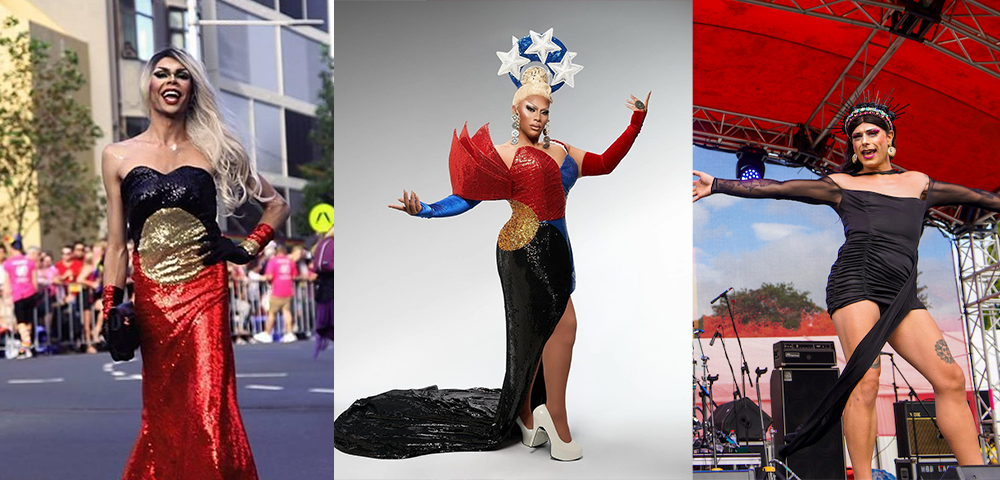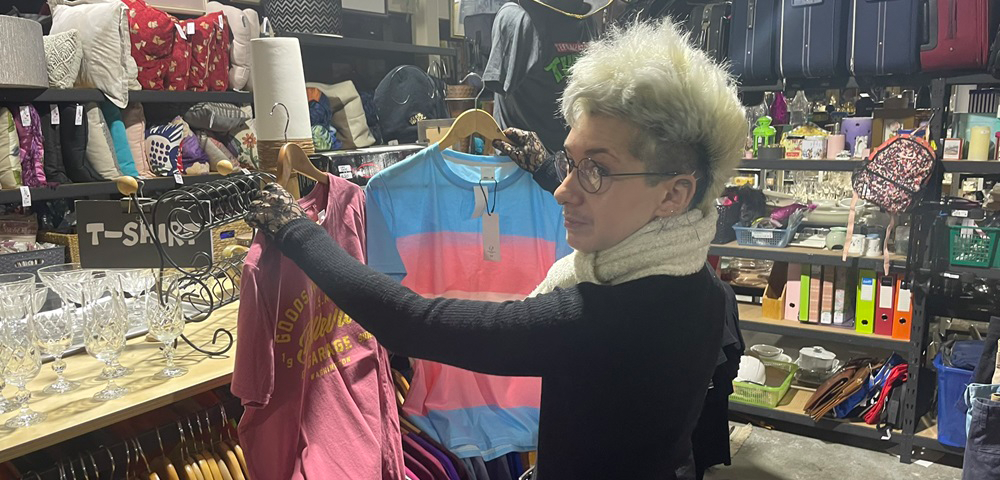
Surrogacy: not that simple

Guest column
Last week we heard from Slater & Gordon Family Lawyer Kim Healy on same-sex surrogacy. In response, Family Law Specialist from Richard Calley Family Lawyers Paul Boers fills in the broader picture of gay couple’s legal rights when trying to be recognised as a child’s parents.

Congratulations to the gay couple reported on in last week’s Star Observer who started a family through an altruistic surrogacy arrangement. From my experience, practising family law and having volunteered at both the Inner City Legal Centre in Sydney in its gay & lesbian advice service, and at the Fitzroy Legal Service in Melbourne in its LGBTIQ advice service, surrogacy has become an increasingly common means by which gay male couples start their own family.
However, the case the Star Observer reported upon is not exactly “landmark”. In 2010 state Parliament passed the Surrogacy Act (NSW), which prescribes a mechanism in altruistic surrogacy cases to transfer parentage from the surrogate mother and her married or de facto partner to the intended parents, in this case the gay couple. The mechanism is open to same sex and opposite sex couples, whether their surrogacy arrangement was entered into before or after the legislation commenced. The transfer of parentage order the gay couple in the article obtained was not the first in NSW for a gay male couple. Additionally, the application for a transfer of parentage order is not dealt with in open court – rather, it is dealt with by a judge in chambers, provided the intended parents’ evidence ticks all the boxes required by the legislation.
Each of the states and territories in Australia, except the Northern Territory, has legislation providing for a transfer of parentage in altruistic surrogacy cases. However, this mechanism is not available in the more common overseas commercial surrogacy cases. In those cases, of which there have been quite a few including same sex couples, the intended parents need to apply to the Family Court for an order conferring parental responsibility upon them. It is not the same as a transfer of parentage order in altruistic surrogacy cases and does not make them legal parents, but is the best of what is currently available.
The Commonwealth Attorney General is conducting a review of parentage laws, including parentage arising out of artificial conception and surrogacy. The general consensus among some lawyers who practise in this area, including myself, is that the states and territories should confer upon the Commonwealth the power to make laws concerning surrogacy, and deal with it at a Commonwealth level so that we achieve uniformity of surrogacy laws across Australia. It is also desirable that the transfer-of-parentage mechanism be extended to commercial surrogacy arrangements, and that it be regulated within Australia.









